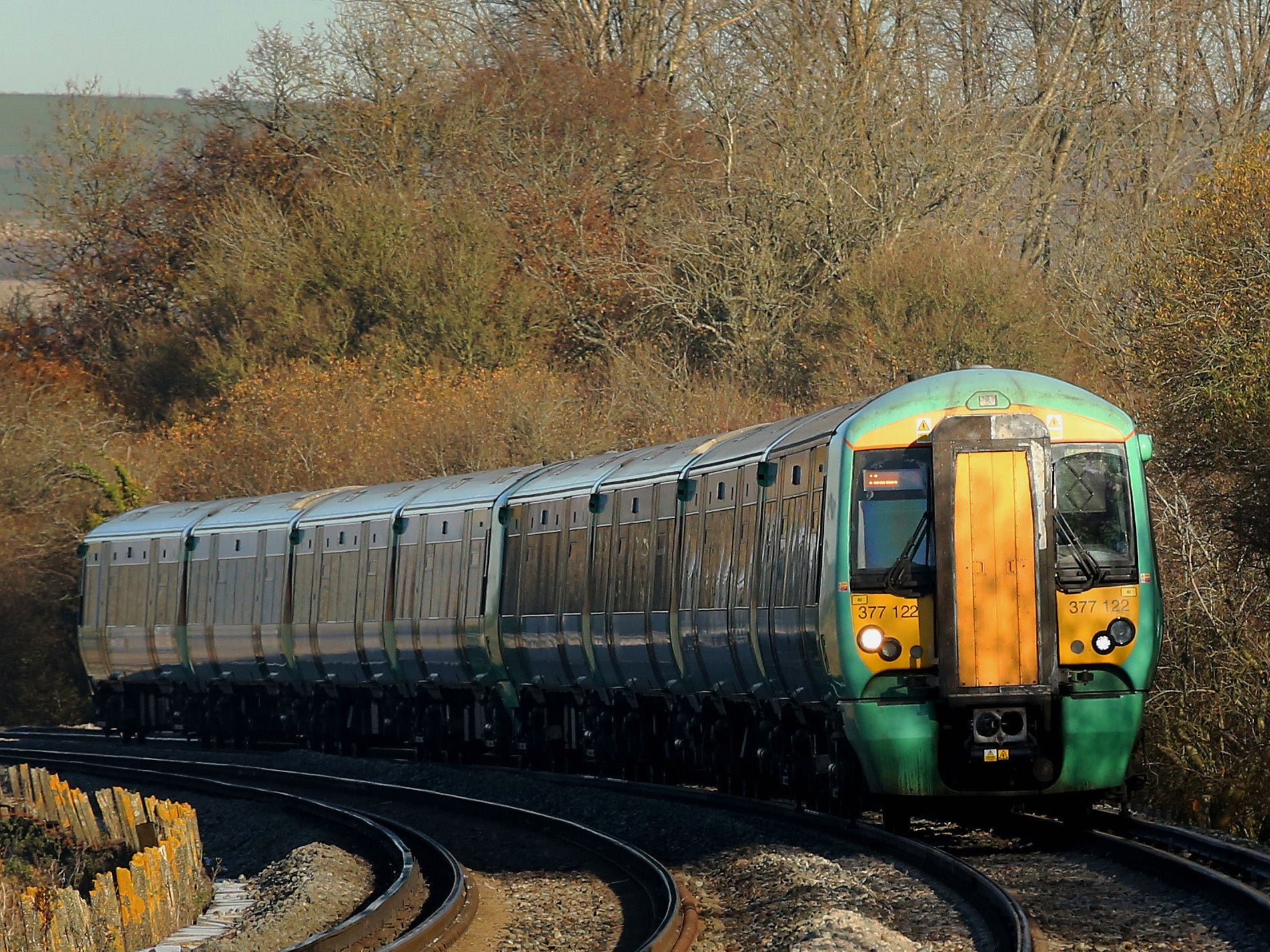Rail fares are on the rise again but passenger interests are left in siding
French and German passengers set to benefit as their domestic rail companies profit handsomely from their stakes in British rail operators

Great news for rail passengers in France and Germany: the price of tickets on Britain’s railways are rising again.
The increase will be 2.3 per cent on average from 2 January. The rise in regulated fares, those paid by commuters, is capped. So they will increase by 1.9 per cent, the figure for RPI inflation in July.
There are, of course, two measures of inflation. RPI and CPI. The most commonly quoted one, used by the Government (and the Bank of England) for everything but rail fares is the latter. It excludes housing costs and is nearly always lower. It stood at 0.6 per cent in July.
But perhaps commuters should be thankful. Without even that limited protection, leisure travellers and others passengers are going to get soaked for even more.
Why do French and German passengers have good reason to cheer this along? Well, their state owned rail companies have stakes in UK rail operating companies that will benefit handsomely from the fare rise.
The dividends they are paid from the profits those companies make go towards subsidising their passengers’ fares.
Of course, those dividends are paid in pounds and the pound is a weakie currency as a result of Brexit. However, that should start to feed through to inflation figures in the next few months (the Bank of England certainly expects it to).
So the next set of fare rises should be even bigger, which will serve to protect the investments of the state owned continental rail companies (and their British counterparts which will no doubt be delighted).
This perverse situation is what you get when you have a governing party that might hate Europe but subscribes to a Thatcherite dogma that holds that state owned is always bad and privately owned is always good.
Despite the railways, not to mention the energy markets, and even Britain’s water provision, calling that into question.
Part of that dogma also requires that any and all UK businesses are up for sale to the highest bidder, regardless of whether such sales are the interests of the people that live here. Hence the situation on the railways.
One might have hoped that the involvement of European rail companies in the UK rail industry would improve levels of service and reliability. Except that it hasn’t. Which isn’t entirely their fault. The flawed structure of the UK rail industry that puts passengers last, with Network Rail operating the tracks, and operating companies granted franchises to run trains on them, was created by Westminster. Westminster focused on cash rather than on the quality of the rail service (it’s more or less the other way around in Europe), hence the messy situation that prevails today.
“We understand how passengers feel when fares go up, and we know that in some places they haven’t always got the service they pay for,” said Paul Plummer, chief executive of the Rail Delivery Group. “Around 97p in every pound passengers pay goes back into running and improving services.”
Business news: In pictures
Show all 13Oh, so that's all right then. Except that what Mr Plummer doesn’t say is the 3p he talks about still translates into hundreds millions of pounds, some of which go to subsidise the superlative services that exist on the continent, rather than on making a better fist of what exists here.
Reform is long overdue. The UK economy (not to mention the UK environment) desperately needs an effective and efficient rail network. Sadly, it doesn’t look as if it's going to get it anytime soon.
Sacrificed on the alter of train operators’ shareholders, and the Government’s desire to reduce the cost of rail to the public purse, passengers' interests have repeatedly been left in the siding. Where it looks like they are going to remain.
Subscribe to Independent Premium to bookmark this article
Want to bookmark your favourite articles and stories to read or reference later? Start your Independent Premium subscription today.

Join our commenting forum
Join thought-provoking conversations, follow other Independent readers and see their replies